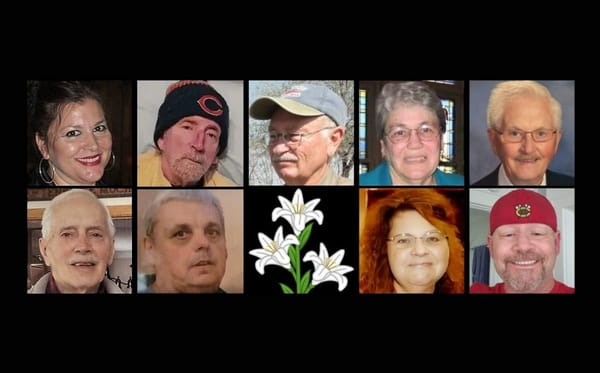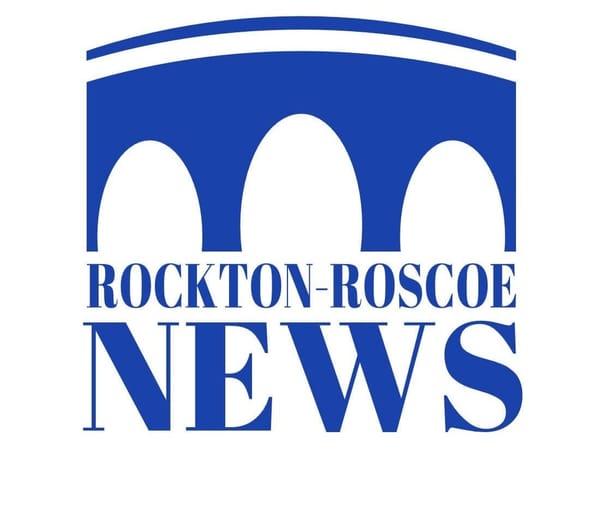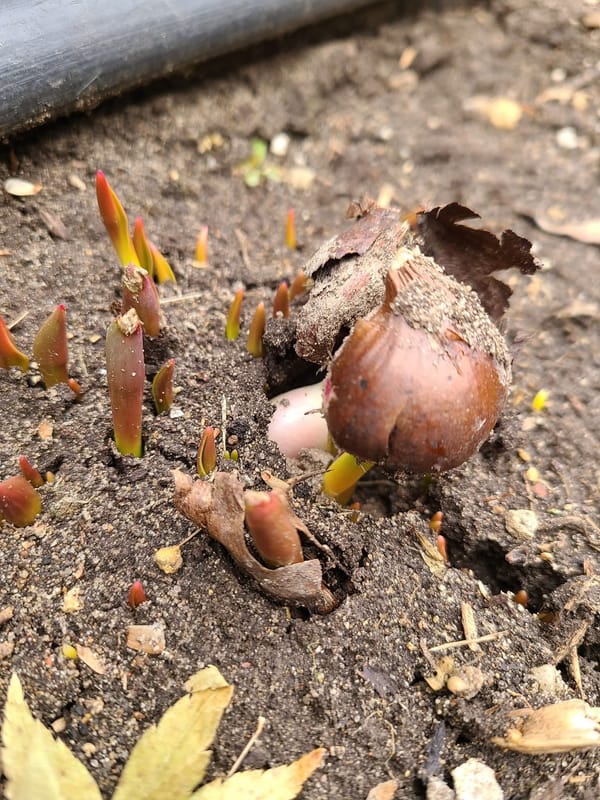History of Birds Grove, Stephen Mack's original settlement (1829-1835)
Birds Grove is Stephen Mack's original settlement (1829-1835) at the mouth of Dry Run, now known as Hononegah Forest Preserve, before founding the Macktown settlement in Rockton.

Birds Grove is the name of Stephen Mack's original settlement (1829-1835) at the mouth of Dry Run which is now known as Hononegah Forest Preserve.
In 1829, Stephen Mack and Hononegah left Grand Detour, IL for good. They went up the river into present day Winnebago County and built a cabin in a Winnebago village at the present site of Hononegah Forest Preserve.
Mack's sojourn there was peaceful until the outbreak of the Black Hawk War, when a party of Black Hawk's braves raided his cabin searching for his supply of gunpowder (which Mack succeeded in hiding).
On May 9, 1832, Mack was run out of his cabin, and he and Hononegah fled to Chicago.
Edson Carr, founder and publisher of the Rockton Herald, relates a romance in which Mack met Chief Black Hawk. Carr seems not to have believed the story, and modern research has also cast doubt on it. According to the story, after the Winnebago villagers advised Mack that they could not protect him, Mack took refuge on Webber's Island. Hononegah provided him with food and fresh water daily until the threat was passed.
On May 24, 1832 Mack enlisted in Captain John S.C. Hogan's company of militia with the rank of 1st Sergeant. Mack's company was too small to be an effectual military organization, and the only noteworthy event was when the company discovered the aftermath of the Indian Creek Massacre (which occurred on May 20, 1832) at the Davis home some twelve miles north of Ottawa, IL where fifteen whites were slain. By about the second week of June, army regulars from Michigan began arriving in Illinois to continue the war, and by mid-June, Mack's company of militia was dissolved.
Through a treaty signed in Chicago by the Potawatomi on September 28, 1833, Mack received $600 on behalf of his three daughters, supporting the belief that Hononegah was part Potawatomi. After the war Mack returned to his cabin to resume his trading operations.





